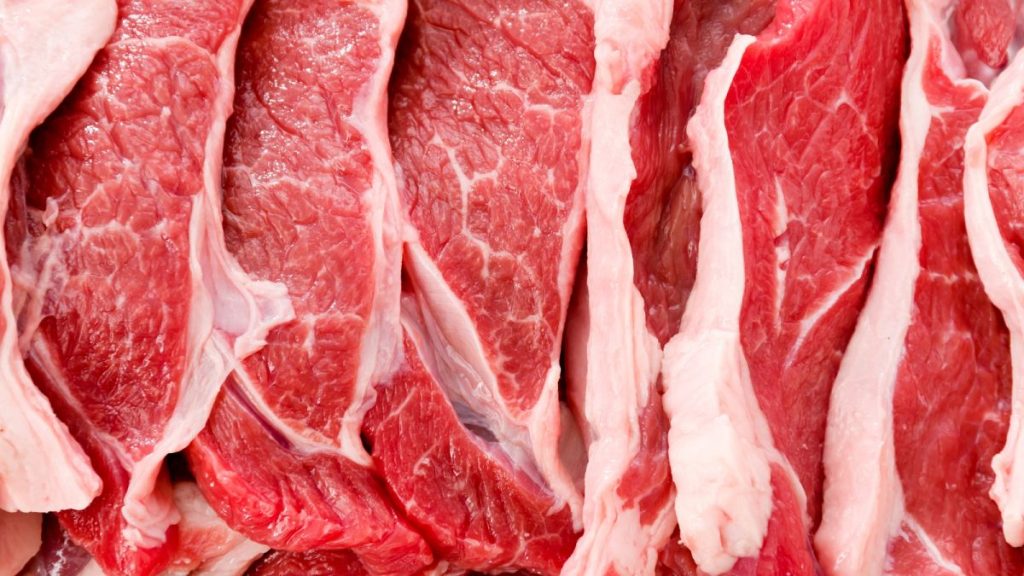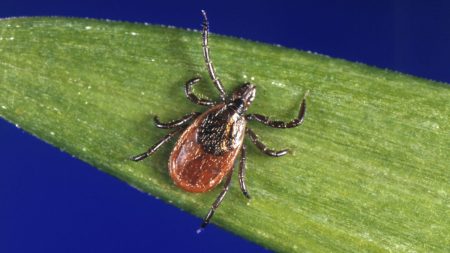The Potential Link Between Processed Red Meat Consumption and Cognitive Decline
A recent study conducted by researchers at Mass General Brigham, Harvard University, and MIT has raised concerns about the potential impact of processed red meat consumption on cognitive health. Analyzing data from thousands of patients spanning several decades, the study found a correlation between higher processed red meat intake and accelerated cognitive aging. Specifically, each average serving of processed red meat, approximately 85 grams, was associated with an estimated 1.6 years of accelerated cognitive decline. This finding adds to the existing body of research linking red meat consumption to increased risks of cardiovascular disease and Type-2 diabetes.
While the study did not establish a direct causal link, the observed association warrants further investigation. The researchers also explored the potential benefits of substituting processed red meat with healthier protein sources. Their analysis indicated that replacing one serving of processed meat with nuts and legumes could lead to a 19% lower risk of dementia and a 21% lower risk of self-reported cognitive decline. This suggests that dietary modifications, particularly reducing processed red meat intake and incorporating nutrient-rich alternatives, may play a crucial role in maintaining cognitive health.
The researchers emphasized the importance of considering cognitive health in dietary guidelines, which often prioritize reducing the risk of chronic diseases like heart disease and diabetes. While these conditions are undoubtedly linked to cognitive health, the direct impact of diet on cognitive function often receives less attention. This study highlights the need for a more comprehensive approach to dietary recommendations that encompass both physical and cognitive well-being.
Methodological Considerations and the Need for Further Research
Despite the study’s robust methodology, it’s important to acknowledge its observational nature. Observational studies can reveal correlations between variables, but they cannot definitively establish cause-and-effect relationships. While the findings suggest a potential link between processed red meat consumption and cognitive decline, further research is needed to confirm and elucidate the underlying mechanisms.
The study compared groups of individuals with varying levels of processed red meat consumption, but it did not directly assess the effects of dietary changes on cognitive outcomes. Therefore, the observed associations may not precisely reflect the impact of reducing red meat intake and increasing consumption of alternative protein sources in real-world scenarios. Controlled intervention studies, where participants are assigned to different dietary regimens, are necessary to determine the causal relationship between processed red meat and cognitive decline.
Despite the limitations inherent in observational studies, the findings of this research align with existing dietary recommendations. Organizations like EAT-Lancet Commission, which synthesize scientific evidence to formulate dietary guidelines, advise limiting red meat consumption to no more than 98 grams per week for both health and environmental reasons. These recommendations are primarily based on the established links between red meat consumption and increased risks of bowel cancer and cardiovascular disease. The current study adds further weight to the argument for reducing red meat intake, highlighting the potential benefits for cognitive health.
Future Directions and Implications for Public Health
The researchers acknowledge the need for further research to fully understand the complex interplay between diet and cognitive health. Ongoing investigations will aim to unravel the specific mechanisms through which processed red meat may influence cognitive function. This knowledge will be crucial for developing targeted interventions to mitigate the potential risks.
The findings of this study have significant implications for public health. By highlighting the potential link between processed red meat and cognitive decline, the research underscores the importance of dietary choices in maintaining brain health throughout life. Promoting dietary guidelines that emphasize reducing processed red meat consumption and incorporating healthier alternatives could contribute to a reduction in dementia and cognitive decline rates in the population. This requires a multi-pronged approach involving public health campaigns, educational initiatives, and policy changes that encourage healthier food choices.
In conclusion, while further research is necessary to establish a definitive causal link, the current study provides compelling evidence for a potential association between processed red meat consumption and accelerated cognitive decline. These findings reinforce the importance of dietary choices for maintaining both physical and cognitive well-being and highlight the need for comprehensive dietary guidelines that prioritize brain health alongside other health outcomes. The ongoing research in this area will provide a more nuanced understanding of the complex relationship between diet and cognitive function, ultimately leading to more effective strategies for preventing cognitive decline and promoting healthy aging.














